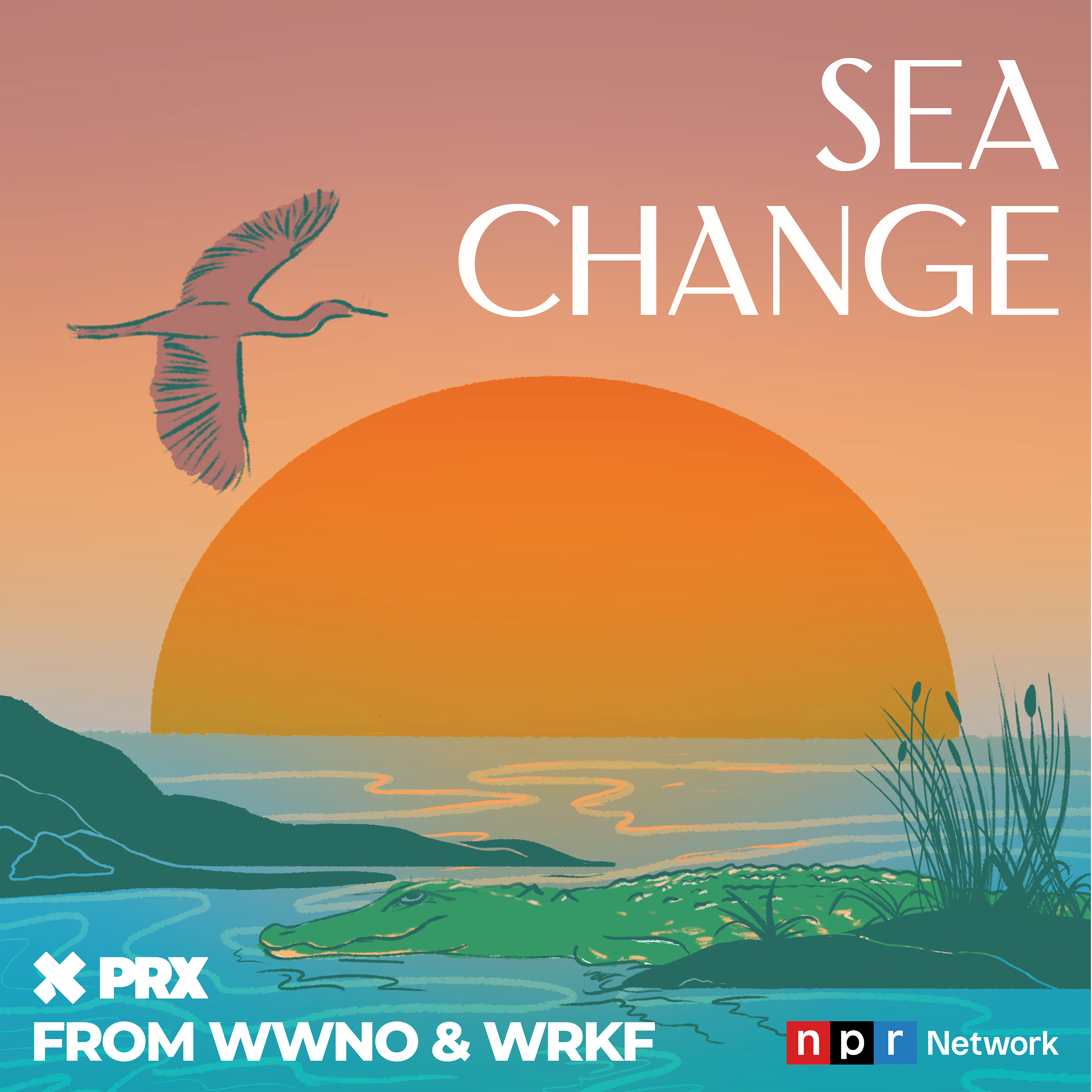I'd Like My Life Back
Description
On April 20th, 2010, out in the Gulf of Mexico, the Deepwater Horizon oil drilling rig exploded. The oil spill that followed is still considered the largest environmental disaster in the history of the United States. Today, we are looking at the impacts of the BP Deepwater Horizon disaster 13 years later. We hear about the ongoing health effects on people who helped clean up the oil spill and ask, has the broken system that led to this avoidable disaster been fixed?
We speak with investigative reporter Sara Sneath (@SaraSneath) about her reporting on the health impacts on spill cleanup workers, and then we hear an interview with Sheree Kerner, whose husband, Frank Stuart, died after exposure to toxins during the cleanup. She now advocates for regulation changes. And we interview Kevin Sligh, the director of the Bureau of Safety and Environmental Enforcement, about whether the broken system has been fixed and what is being done to prevent another disaster.
Produced and hosted by Carlyle Calhoun and Sara Sneath.
Our managing producer is Carlyle Calhoun. Editing help was provided by Rosemary Westwood, Halle Parker, and Garrett Hazelwood. Our sound designer is Maddie Zampanti.
Sea Change is a production of WWNO and WRKF. We are part of the NPR Podcast Network and distributed by PRX.
More Episodes
Today, we hear the story of one fish and its journey to fame: the red drum, or more commonly known as the classic redfish. And whether the decline of this fish is a warning of a bigger collapse.This episode was produced in collaboration with the Food & Environment Reporting Network, an...
Published 05/15/24
Published 05/15/24
The ocean is rising across the South faster than almost anywhere else in the world. Today, Eva Tesfaye, a reporter for Sea Change, talks to the two journalists behind the Washington Post’s new series “The Drowning South.” Chris Mooney and Brady Dennis discuss their data-driven reporting, which...
Published 05/10/24


